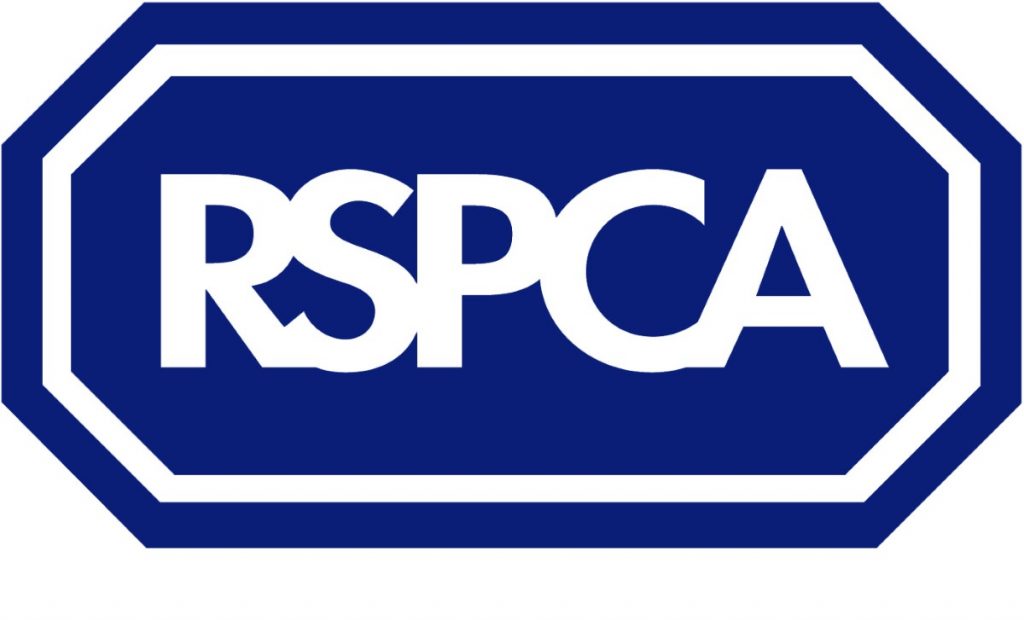More effort needed to end ‘severe’ suffering of lab animals, urges RSPCA
Today (24 April) is World Day for Laboratory Animals and the RSPCA is calling for everyone involved in the regulation and use of animals in research to make ending ‘severe’ suffering a top priority – and do much more towards achieving it.
The amount of pain or distress experienced by each lab animal depends on the kind of research being done, and on how much effort is made to reduce or avoid suffering. Scientific procedures using animals in the UK are classified as ‘mild’, ‘moderate’ or ‘severe’. A recent Government study1 suggests that 2% of lab animals experience severe suffering.
As more than 4 million animals are currently used annually in the UK, this would mean more than 80,000 animals experience severe pain, suffering or distress – around the same number as there are seats in Twickenham rugby stadium.
All these animals matter and, while any level of suffering is a concern for the RSPCA, ending severe suffering is a top priority.
Dr Penny Hawkins, Head of Research Animals at the RSPCA, said: “We strongly believe that ending severe suffering is a desirable and achievable goal, and we want further and faster progress to be made. This means greater and better coordinated efforts from everyone involved in animal use, including scientists, animal technologists, regulatory authorities, funding bodies and scientific journals.”
In 2012, the RSPCA launched a groundbreaking initiative2, working with the scientific community, to develop and promote innovative and feasible approaches to reducing and ultimately ending ‘severe’ suffering in research and testing. As well as outlining a general strategy for achieving this (through a ‘Road Map’3), the Society is producing a series of guidelines tackling specific procedures which will help reduce suffering.
Penny added: “We have welcomed the engagement of many forward-thinking scientists, and the involvement of Home Office Inspectors, in this vital initiative over the last three years. We are pleased to be able to point to the progress made by this project in identifying steps to reduce animal suffering in areas such as multiple sclerosis, epilepsy and sepsis research, which people are now starting to implement. These are excellent examples of what can be achieved when people approach this difficult task with genuine commitment and open minds.”
The RSPCA also believes that the UK Government, as the regulator of animal experiments, has a very clear and important role to play.
Penny concluded: “We’ll be calling on whoever forms the next UK Government after the General Election to take decisive action and ensure that absolutely everything possible is done to avoid lab animals experiencing severe pain, suffering, distress or lasting harm.
“This includes sticking with, and building upon, the current Government’s Delivery Plan on research animals, as well as giving the Home Office Inspectorate adequate resources to develop ways of reducing severe suffering – as promised in the Plan. We want to see the Government work towards a policy ban on licensing procedures involving severe suffering. Ending severe suffering is what the public wants, what the RSPCA wants, and what scientists themselves tell us they want to achieve”.
Notes to editors
1. The pilot study undertaken to gather information on the actual severity of suffering caused to animals used in research, involving 35,409 scientific procedures, is described in the Government document Working to Reduce the Use of Animals in Scientific Research: Delivery Report (page 14). https://www.gov.uk/government/uploads/system/uploads/attachment_data/file/417441/Delivery_Report_2015.pdf
2. Information on the RSPCA’s initiative to end severe suffering can be found here: http://science.rspca.org.uk/sciencegroup/researchanimals/implementing3rs/suffering/ending
3. The RSPCA’s ‘Road Map’ both challenges and helps the scientific community to do more to end severe suffering and offers a step-by-step strategy to help reach this goal. The Road Map can be found here: http://science.rspca.org.uk/sciencegroup/researchanimals/implementing3rs/suffering/ending
? The Coalition Government Delivery Plan repeatedly highlights the importance of acting on severe suffering, with examples of relevant initiatives from bodies including the Home Office Inspectorate, MHRA (Medicines and Healthcare Products Regulatory Authority, a regulatory body) and the NC3Rs (UK National Centre for the Replacement, Refinement and Reduction of Animals in Research).
? Official data from the Home Office on actual levels of suffering for all regulated scientific procedures undertaken using animals will not be available until later in 2015 (reported for animal experiments undertaken during 2014).





-01.png)